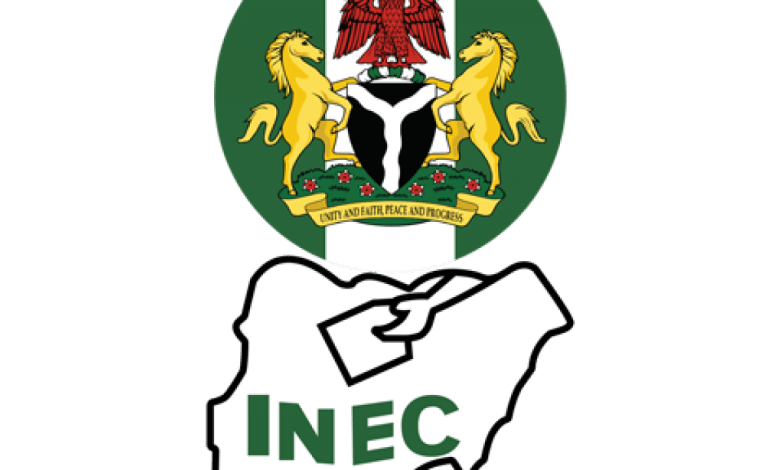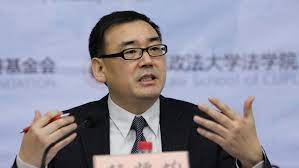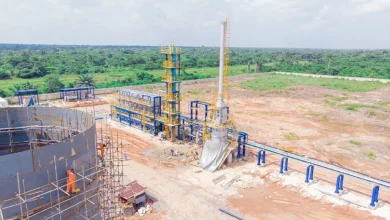
The major political parties in Nigeria have strongly disagreed with suggestions to halt the Independent National Electoral Commission’s (INEC) role in conducting bye-elections to fill vacant legislative seats, despite the commission’s concerns over the financial strain these elections impose.
In a Wednesday consultative meeting with political party leaders, INEC Chairman, Mahmood Yakubu, voiced his frustrations, revealing that bye-elections have drained the commission’s resources. He highlighted that 23 legislative seats had become vacant since the inauguration of the current Assemblies in June 2023, due to deaths and voluntary resignations. Yakubu called for legislative reforms to adopt more cost-effective methods for filling vacancies, suggesting that the frequency of bye-elections creates an unpredictable and burdensome situation for INEC.
Yakubu elaborated that some bye-elections result in even more, with one leading to multiple elections, which not only come with significant costs but also distract the commission from other critical electoral duties. He pointed out that many countries employ more efficient systems for filling such vacancies, and reiterated INEC’s long-standing advocacy for legislative change to address these challenges.
Despite Yakubu’s concerns, the Labour Party (LP) and the New Nigeria People’s Party (NNPP) firmly opposed the idea of halting bye-elections. The LP’s National Publicity Secretary, Obiora Ifoh, emphasized that bye-elections are a global best practice and should not be bypassed. He argued that while conducting bye-elections may require some expenditure, the essential materials like card readers and other technology are already in place, making the process less costly. Ifoh also cautioned against allowing political parties to unilaterally fill vacancies, warning that it could lead to the selection of candidates who do not reflect the interests of the electorate.
“We must ensure that the people, not the highest bidder, have a say in who represents them. This is essential for the integrity of democracy,” Ifoh stated.
Similarly, NNPP’s National Publicity Secretary, Ladipo Johnson, rejected the notion that parties should handle replacements without elections, questioning the difference between bye-elections and regular elections.
However, the Peoples Democratic Party (PDP) expressed support for the recommendation put forward by Senior Advocate of Nigeria, Femi Falana, that political parties should be allowed to fill vacant legislative positions. PDP’s Deputy Publicity Secretary, Ibrahim Abdullahi, argued that such a change would ease the financial burden on INEC and streamline the process.
In contrast, the All Progressives Congress (APC) called for broader discussions on the issue. APC’s National Publicity Director, Bala Ibrahim, suggested that the matter should be subject to wider consultation to reflect the majority’s wishes. He further proposed that steps could be taken to ensure clearer winners in the first round of elections, potentially reducing the need for reruns and additional bye-elections.





